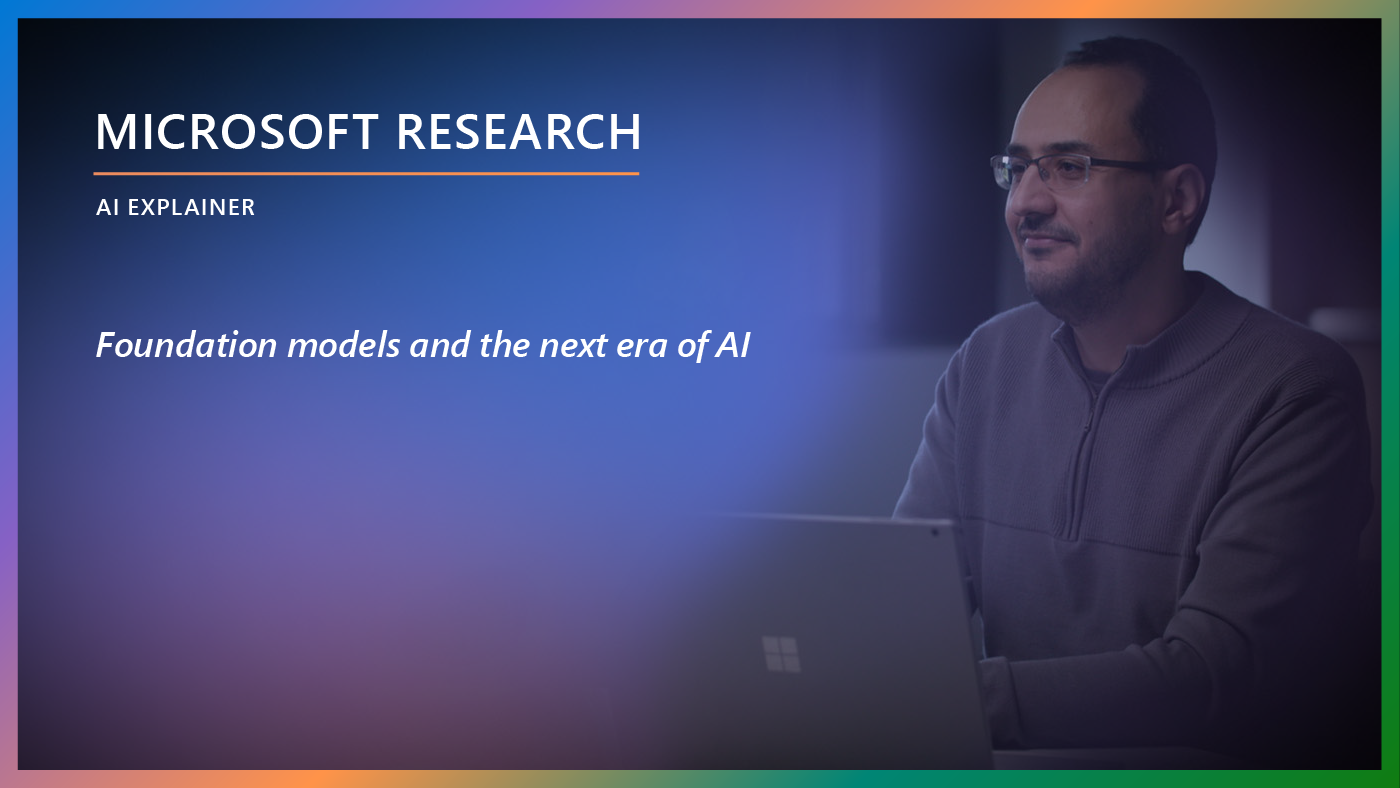Today, February 5, 2014, marked the kickoff workshop for the Swiss Joint Research Center (Swiss JRC), a collaborative research engagement between Microsoft Research and the two universities that make up the Swiss Federal Institutes of Technology: ETH Zürich (opens in new tab) (Eidgenössische Technische Hochschule Zürich, which serves German-speaking students) and EPFL (opens in new tab) (École Polytechnique Fédérale de Lausanne, which serves French-speaking students).

The Swiss JRC is a continuation of a collaborative engagement that began five years ago, when these same three partners embarked on ICES (Innovation Cluster for Embedded Software). In renewing our collaboration, we have broadened and deepened the computer science engagements, as we chart a course for another five years of research.
Spotlight: On-demand video
During the two-day workshop at Microsoft Research Cambridge, we will launch seven new projects that constitute the next wave of research collaborations for the Swiss JRC. Today, we heard EPFL’s Edouard Bugnion describe the planned work of the Scale-Out NUMA project, which involves the study of the computer architectural and system software implications of aggressive scale-out, energy-efficient computing in datacenters.

Workshop speakers, listed clockwise from upper left: Daron Green, Andrew Blake,
James Larus (EPFL), and Markus Püschel (ETH Zürich)
Now I’m looking forward to tomorrow’s sessions, especially the presentation by Otmar Hilliges (ETH Zürich), who will discuss the fascinating topic of human-centric flight. This proposed research seeks to create an entirely new form of interactive systems, leveraging micro-aerial vehicles (MAVs), also known as flying robots, to create novel user experiences. This project could have a profound impact on our future ability to navigate environments that are inhospitable to people or standard land-based robots.

Attendees of the kickoff workshop for the Swiss JRC
The following seven projects will be launched at the workshop:
Scale-Out NUMA
Edouard Bugnion, EPFL
Babak Falsafi, EPFL
Dushyanth Narayanan, Microsoft Research
Micro-Aerial Vehicles (MAVs) for Interaction, Videography, and 3D Reconstruction
Otmar Hilliges, ETH Zürich
Marc Pollefeys, ETH Zürich
Shahram Izadi, Microsoft Research
Software-Defined Networks: Algorithms and Mechanisms
Roger Wattenhofer, ETHZ
Ratul Mahajan, Microsoft Research
Investigation into fundamental issues concerning software-defined networks and how they can be tackled using a game theory approach
Efficient Data Processing Through Massive Parallelism and FPGA-Based Acceleration
Gustavo Alonso, ETH Zürich
Ken Eguro, Microsoft Research
Exploration of efficient implementation of FPGAs as co-processors in data centers and support for database querying
Authenticated Encryption: Security Notions, Constructions, and Applications
Serge Vaudenay, EPFL
Ilya Mironov and Markulf Kohlweiss, Microsoft Research
Developing enhanced security notions for authenticated encryption schemes and proving that they are secure
Towards Resource Efficient Data Centers
Florin Dinu, EPFL
Sergey Legtchenko, Microsoft Research
Researching how memory can be best utilized in homogeneous computational situations, where the operating system must handle parallel, data-intensive tasks
Availability and Reliability as a Resource for Large-Scale in Memory Databases on Datacenter Computers
Torsten Hoefler, ETHZ
Miguel Castro, Microsoft Research
Researching new approaches to building resilience and predicting resilience in systems with more economical, lower levels of redundancy
These projects represent some of the most interesting and engaging research challenges in Microsoft Research’s broad portfolio of university partnerships. I particularly value the opportunity to share our domain expertise in these open collaborations with two of the world’s top computer-science research departments. All three organizations bring unique perspectives and great talent to the collaboration, and all focus on solving tough technical challenges in areas as diverse as human-computer interaction, machine vision, performance and energy scalability, mobile computing, and data center optimization.
I’ll keep you up to date on this journey over the coming months and years, as the Swiss JRC works to accelerate scientific discoveries and breakthroughs that push the boundaries of our imagination.
—Daron Green (opens in new tab), Senior Director, Microsoft Research Connections
Learn more

